What’s the deal with cholesterol?
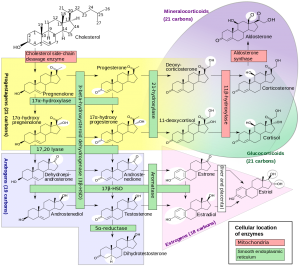 It may surprise you to hear that cholesterol is not actually all bad, in fact it is just one of the many things in our body that keep us healthy. Did you know that cholesterol is the backbone for most of our hormones? Tell me… what’s the deal with cholesterol?
It may surprise you to hear that cholesterol is not actually all bad, in fact it is just one of the many things in our body that keep us healthy. Did you know that cholesterol is the backbone for most of our hormones? Tell me… what’s the deal with cholesterol?
Cholesterol is a waxy substance that comes from your body and food. Your body, and especially your liver, makes all the cholesterol you need and circulates it through the blood. It is also found in foods from animal sources, such as meat, poultry, and dairy products. Your liver produces more cholesterol when you eat a diet high in saturated and trans fats as well as high carbohydrate consumption. When there is too much cholesterol in the system it can lead to increased risk of clogged arteries or even lead to increased chance of heart attack or stroke.
There are many types of cholesterols but the most important ones to keep track of are triglycerides (TG), LDL, and HDL. LDL, or low-denisity lipoprotein, is often referred to as “bad” cholesterol; when we have too much in our body, its small size can lead to increased damage to the arteries. HDL, high-denisity lipoprotein, the “good” cholesterol, is attributed with keeping cholesterol at a safer size. HDL is increased by reducing stress and exercising more. Triglycerides are another cholesterol that when elevated are usually related to dietary carbohydrate and sugar consumption.
Making healthy eating choices and increasing exercise are important first steps to improving your cholesterol. Some of the population may need to have a cholesterol lowering medication prescribed to help reduce the risk of heart attack and stroke, but this will be determined by a thorough history and analysis performed by your provider. It is important to have your cholesterol levels checked often, especially after the age of 35, to evaluate your risk of heart disease, stroke, or heart attack. Talk to the Balance team about the best strategy to lower your risk.
Blood Pressure and Cholesterol
Irregular levels of our lipids (Cholesterol, HDL, LDL, TG) or blood pressure can lead to an increase risk of developing heart disease or strokes. This makes it incredibly important for us to be screened. When we have too many fats (lipids) in our blood it can lead to many health consequences such as clogged arteries, blood flow problems, kidney or heart disease, diabetes, or even blindness.
If your readings are classified as high, it is important that you make an appointment with your health care provider. If you are already on a treatment for high blood pressure or cholesterol, you should continue to follow the treatment program your health care provider has prescribed. You can help reduce your blood pressure by maintaining a healthy weight, and limiting salt and simple carbohydrates in your diet.
Pulse Regularity
An irregular pulse can indicate a chronic condition that can increase the possibility of clots forming and moving within the circulatory system to cause a heart attack or stroke. Sometimes blood thinners are recommended such as aspirin or other drugs to prevent clots from forming.
So Now What?
Regardless of where you are in your life, it is important to remember that the key to a long and healthy life seem to be low stress, a diet filled with ‘good choices’, some level of exercise, and maintaining your good health while you have it. Too often we wait until it is too late, or our symptoms are so intense that hardcore medication or even surgery are our remaining options. Living a life of Balance can help prevent illness, or even catch it before things get out of control. Not to toot our own horn, but aside from injure care, wellness care is what we excell at! Regardless of where you live, or what your friends are doing, getting regular acupuncture and even chiropractic care can make a difference in your health outcomes.
Live well. Be Balanced!
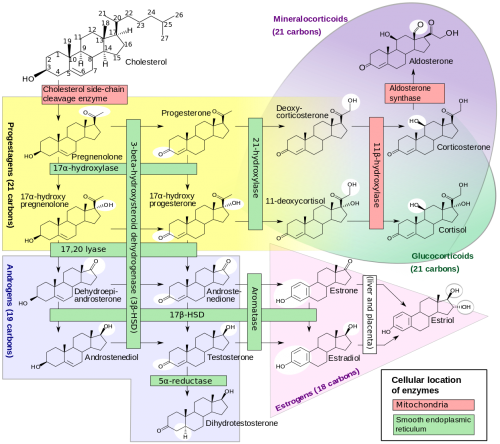
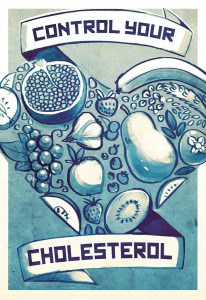
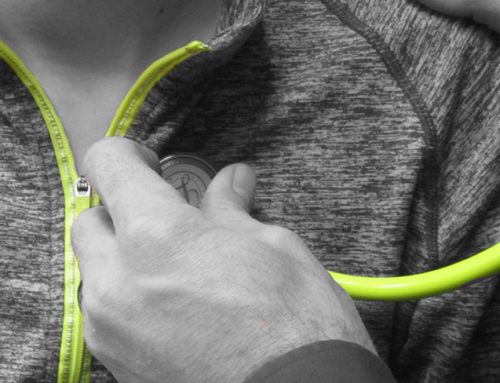
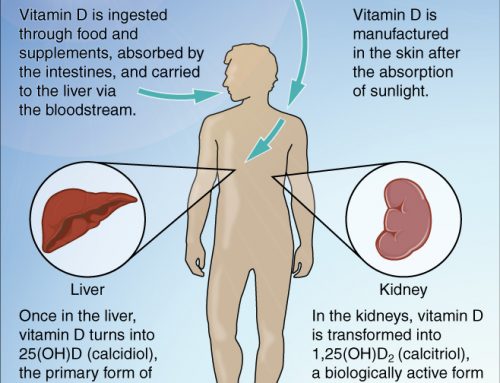
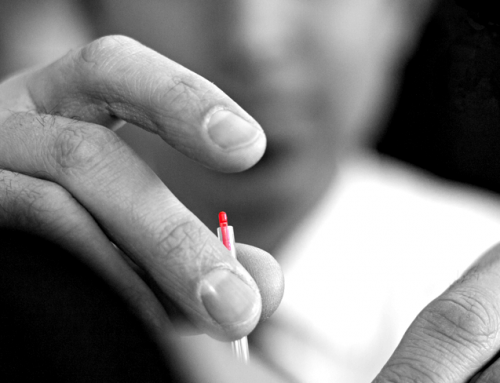
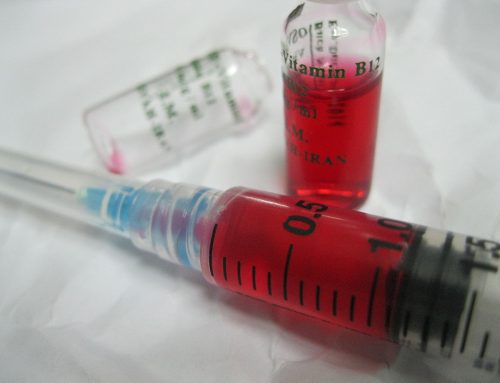
Leave A Comment
You must be logged in to post a comment.